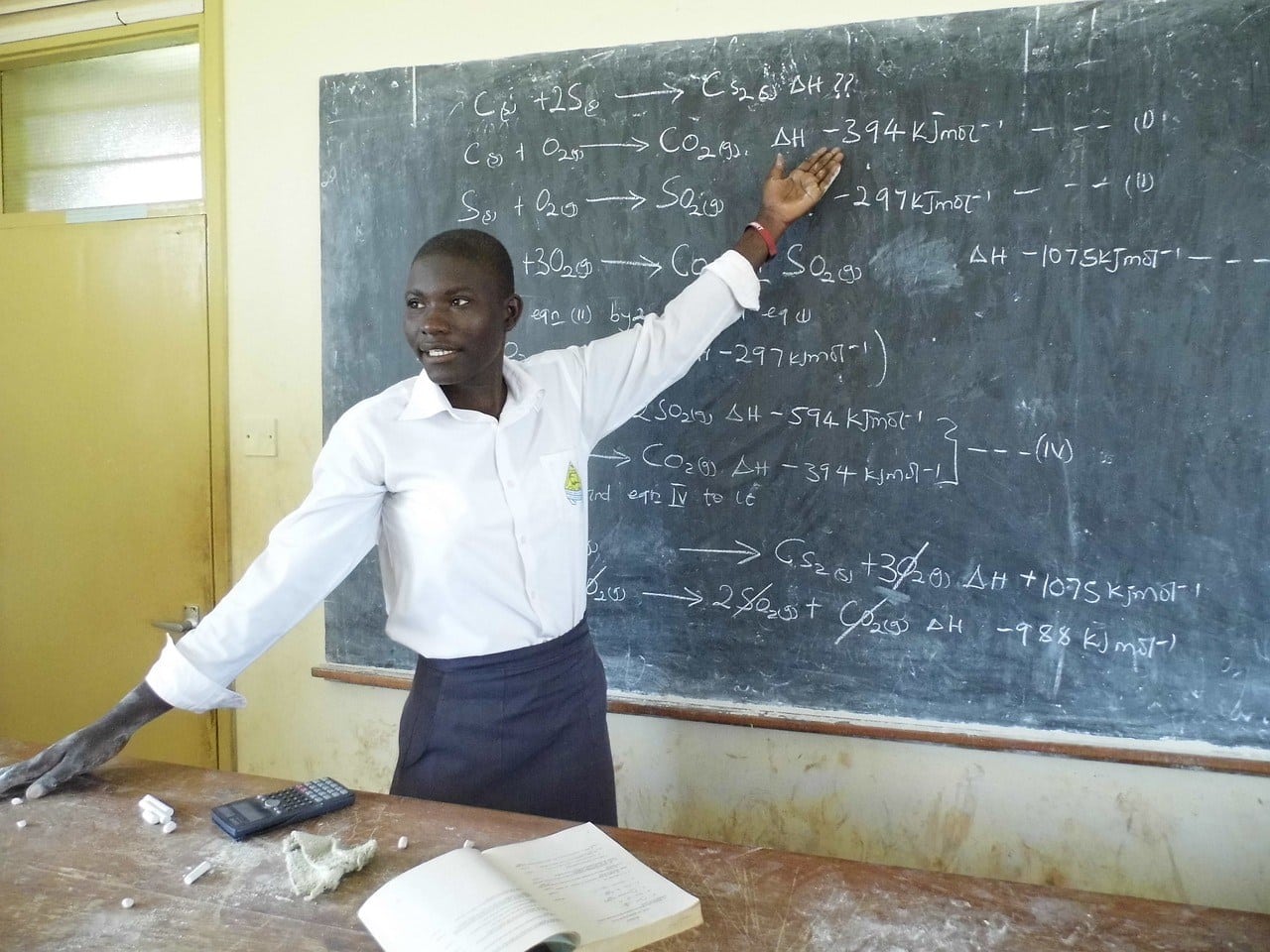Deputy Secretary-General Emphasizes Need for 44 Million More Teachers

It was a momentous occasion as UN Deputy Secretary-General Amina Mohammed addressed the World Summit on Teachers in Santiago, Chile. She expressed gratitude to the Chilean government, UNESCO, Education International, and other partners for their efforts in organizing the summit. Highlighting the importance of education, she emphasized the need for urgent action to address the global teaching crisis, which threatens the future of quality education for millions of children worldwide.
Celebrating the Role of Teachers
Amina Mohammed began her remarks by acknowledging the significance of the summit and the role of teachers in shaping society. She paid tribute to President Gabriel Boric of Chile, whose own educational journey reflects the transformative power of education. Boric’s advocacy for quality education serves as a reminder that those who have experienced its benefits often become its most passionate supporters. The summit also commemorates the legacy of Gabriela Mistral, Latin America’s first Nobel laureate in literature, who began her teaching career at the young age of 15. Mistral’s life exemplifies the profound impact teachers can have as catalysts for human potential.
The summit aims to accelerate progress towards the Sustainable Development Goals (SDGs), particularly in education. Mohammed referenced the Transforming Education Summit held in 2022, which laid the groundwork for action in five key areas: inclusive schools, learning and skills, digital transformation, education financing, and the essential need to transform the teaching profession. The Secretary-General’s High-Level Panel on the Teaching Profession has provided a blueprint for recruiting, training, and retaining teachers, yet significant gaps remain between ambition and reality.
The Global Teaching Crisis
Despite an increase in school enrollment, the reality is that progress is uneven, leaving millions of children behind. In high-income countries, only 3% of school-age children are out of school, while in low-income countries, this figure rises to 36%. The situation is particularly dire in sub-Saharan Africa, where over half of the out-of-school children reside. Mohammed highlighted five crisis hotspots—Sudan, Afghanistan, Ethiopia, Pakistan, and the Democratic Republic of the Congo—that account for nearly half of the 85 million children currently out of school due to various crises.
The disconnect between policymakers and the realities faced by teachers and students in classrooms is a critical issue. Mohammed recounted her experience trying to convey the dire conditions of classrooms to an education minister, who was shocked upon witnessing the overcrowded and inadequate facilities firsthand. This disconnect often leads to failed reforms, as they overlook the cultural and contextual realities of education systems. The need for a more nuanced approach to education reform is essential, especially in regions facing significant cultural challenges.
Addressing the Challenges Ahead
To achieve quality education for all by 2030, the world must recruit an additional 44 million teachers, equipped with the necessary skills and resources. However, many young teachers are leaving the profession due to low pay, heavy workloads, and a lack of professional development opportunities. Gender inequality also poses a significant challenge, as teaching is predominantly a female profession, yet women often face barriers to leadership and decision-making roles.
The financial implications of recruiting and retaining teachers are staggering, with an estimated annual cost of $120 billion needed by 2030. Unfortunately, many countries are struggling with debt servicing, which limits their ability to invest in education. Mohammed called for urgent action to close the financing gap and explore innovative funding solutions, including a potential Global Fund for Teachers in Emergencies to support salaries during crises.
A Call to Action
The summit concluded with a call for accountability and decisive action to address the teaching crisis. Mohammed outlined five key areas for action: elevating the teaching profession, ensuring adequate financing for education, advancing gender equality, placing teachers at the center of digital transitions, and providing support in the most challenging environments. She emphasized the need for a collective commitment to uphold the dignity and value of teachers, who play a crucial role in shaping future generations.
In her closing remarks, Mohammed invoked the words of Gabriela Mistral, stressing the urgency of prioritizing education. The time to act is now, as the future of quality education and sustainable development hinges on the support and recognition of teachers worldwide.
Observer Voice is the one stop site for National, International news, Sports, Editor’s Choice, Art/culture contents, Quotes and much more. We also cover historical contents. Historical contents includes World History, Indian History, and what happened today. The website also covers Entertainment across the India and World.
Follow Us on Twitter, Instagram, Facebook, & LinkedIn

